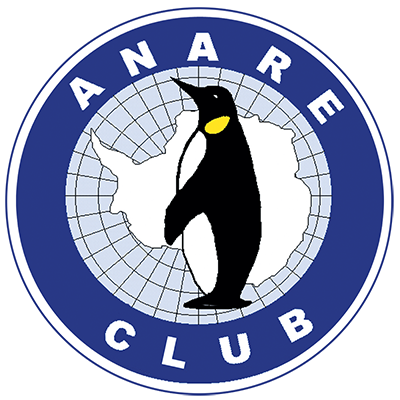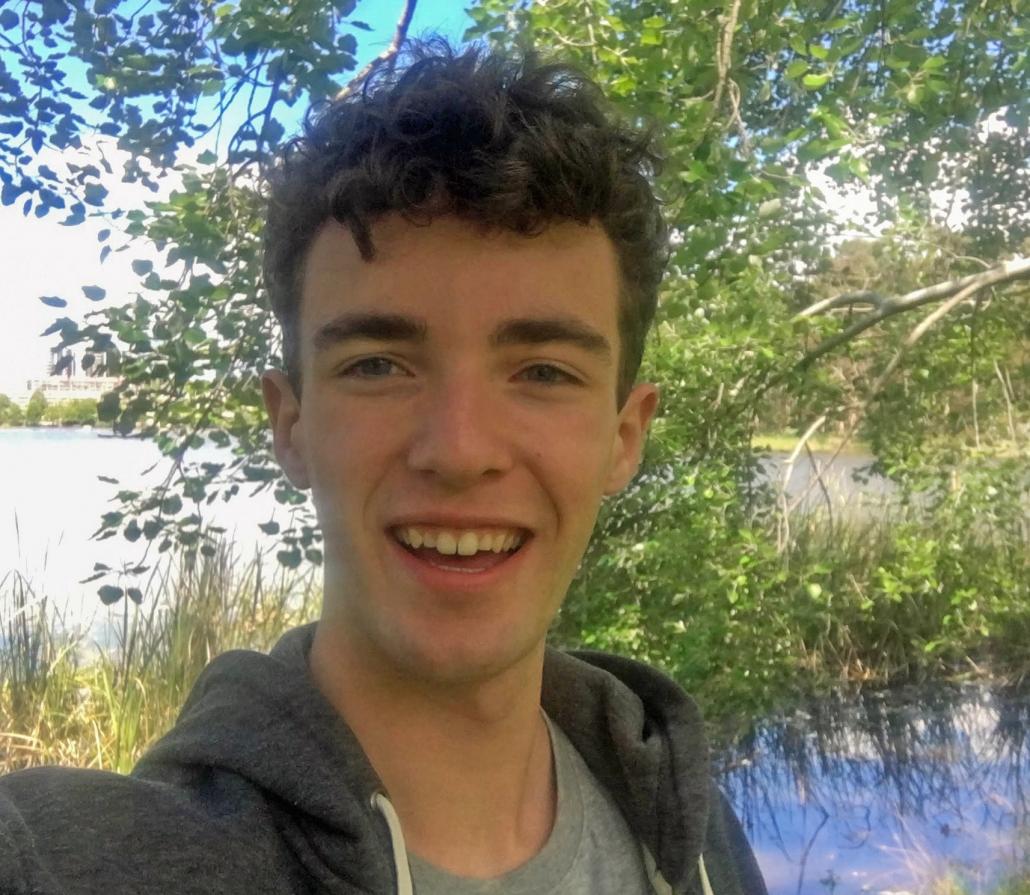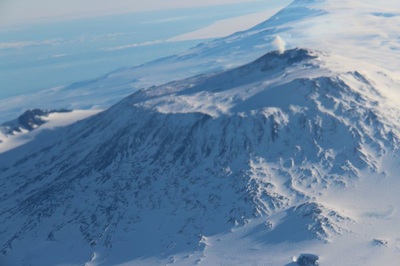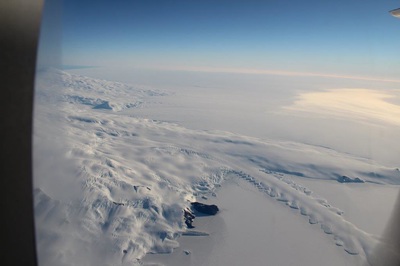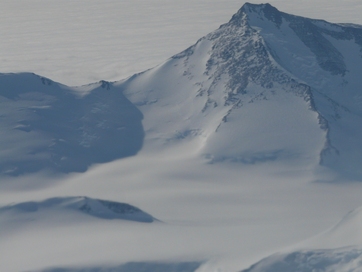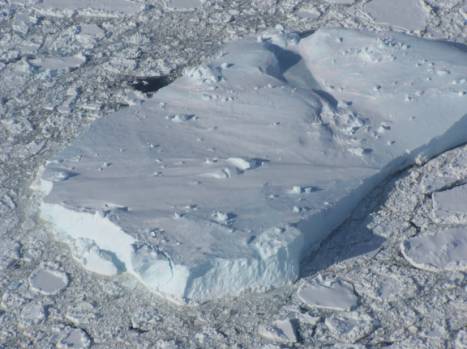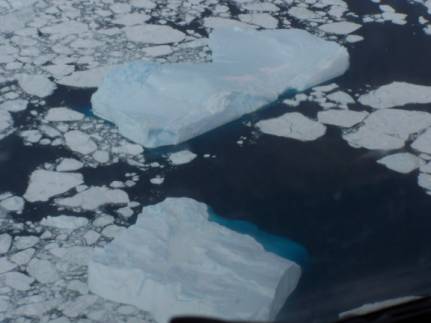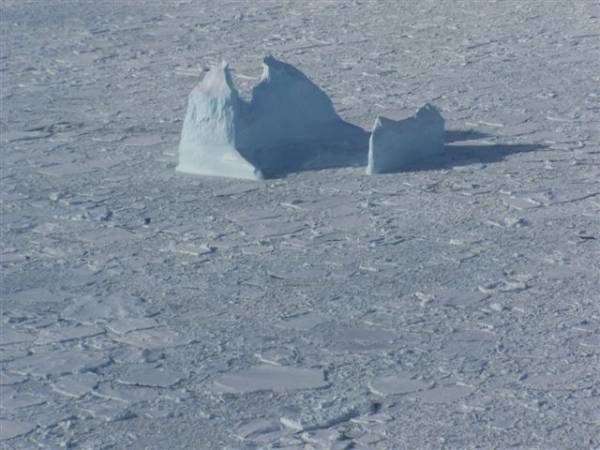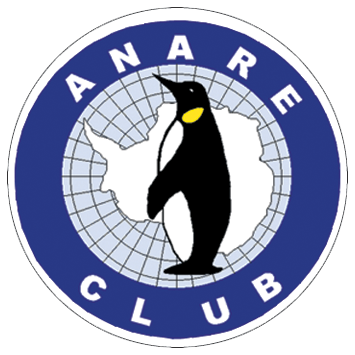ANARE CLUB ACT
Shared Winning entry – ANTARCTIC FLIGHT COMPETITION 2021
Toby Davis
Year 12 Hawker College
The question of climate change is a big one, and as much as we might like it to be, it’s not something that can be solved with the simple flick of a switch.
For years we’ve observed the steady warming of global temperatures, rising sea levels and advancing shorelines, endangering animal species and coastal human settlements alike. However, possibly nowhere on Earth is being hit harder than the Antarctic. Despite its icy landscapes being protected by the International Antarctic Treaty System, this arid world is living under threat from warming temperatures which are depleting ice levels and contributing to rising sea levels. To further complicate things, the treaty system is fragile at best, and with increasing demand from global societies, Antarctica may become humanity’s next “all-you-can-eat buffet” of natural resources.
It’s obvious that this is a complex issue that doesn’t have one solution, nor can be solved by any one person. However, I believe that I can make a difference by utilising my creative and scientific passions to share the story of Antarctica’s pain and help create solutions in the future.
And that’s why getting the opportunity to fly over this dynamic hub of pristine beauty and natural history – being able to see it first hand, would allow me to make the world a better place.
I create things. It’s what I do. I’m convinced that nothing motivates me more than being able to take an idea, an emotion, or an experience and express it in some way. I sketch, I paint, I take photos – all that tells some kind of story. A story that I can then share with the world. It’s this kind of storytelling that runs deep in human culture across the globe. The kind of storytelling that led the cavemen to paint on cave walls that inspired generations of storytellers and created the backbone of every song ever written.
We love to come together over shared experiences, over shared stories. It’s what connects and brings us together despite the hardships of life. Currently, Antarctica is under threat from numerous fronts. Rising temperatures breaking down glaciers, complex geological systems disrupting ice generation and expansive needs of society threatening to tear it apart at the roots for its resources. This is a story that the world needs to hear, a story that I would love to tell. All around us there are calls to action. Calls to play our part, calls to vote for politicians who care, calls to make ethical decisions because our futures depend on it. In my experience, it often comes across as nothing but a bunch of noise. How are people supposed to answer the call if they don’t know what it is they’re fighting for? Seeing the beauty, as well as the damage of the Antarctic continent would give me the opportunity to pass on this experience – and crucial message – to the world in the form of art and writing. In a form that people can truly resonate with. In the words of computing pioneer Alan Kay, “the only way you can predict the future is to build it”.
I want to help build that future. My passion for science and creating things has led me to dream of becoming a physicist, to work with engineers to design and develop technology that will better society and maybe even the world. Currently, scientists across the globe are focusing on key technological challenges that, if solved, could aid significantly in reducing our impact on our environment. These solutions target industries that are both the prime producers of carbon emissions and consumers of natural resources: agriculture, transportation, manufacturing and electricity production.
The challenges posed by each of these areas are equally important and overcoming them could lead to a better, more sustainable future both for Antarctica and for the rest of the world.
In agriculture, dreaming up alternatives to foods that require excessive resources, like promoting insect and plant-based foods instead of meat, reduces the land space and emissions needed to produce our food. In transportation, making electric vehicles cheaper and more affordable for all social classes will quicken the phasing out of petrol engines on our roads. In manufacturing, designing environmentally-conscious construction materials will ensure that the building industry thrives further into the future.
And finally, possibly the most talked-about field is sustainable energy production. Designing and developing a new way to generate our electricity, or improve upon our current techniques like solar, wind and nuclear, can allow governments to phase out harmful coal and gas power plants in a way that is economically viable, especially for developing nations. It’s a big task, one that requires contributions from people in a variety of professions across the globe. It’s a big task, but one that I want to help with.
Getting the opportunity to see Antarctica first-hand would open my eyes to the intensity of all these issues and see where it is impacting our planet the most. The question of climate change is a big one. I’m not saying that I can fix it, I’d be crazy if I was. Far smarter people have tried that before. But what I can do is help just a little bit by sharing the story of Antarctica’s pain and damage in a way that people can connect and unite over, and by striving to make it through university where I can help build the future one idea at a time.
Getting the opportunity to fly over Antarctica, being able to see it first hand, wouldn’t make all this happen but it would inspire me. Inspire me to make a difference, and just maybe, would allow me to make the world a better place.
